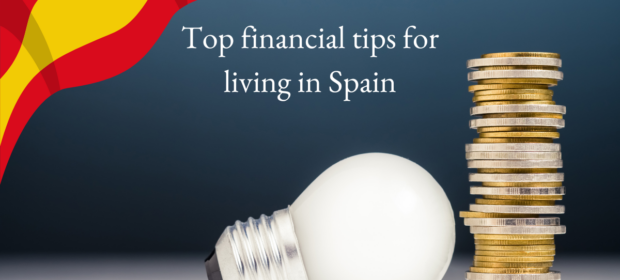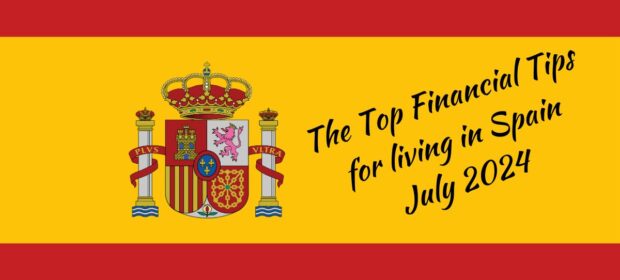1. Understand Tax Residency and Obligations
In Spain, spending over 183 days within a calendar year establishes you as a tax resident, meaning your worldwide income and assets may be subject to Spanish taxation. It’s crucial to understand the rules around tax residency to avoid unexpected liabilities.
2. Strategise Property Sales and Investments
If you own property in your home country, consider carefully when to sell. Selling property in the same tax year you become a Spanish resident can lead to significant capital gains taxes. Planning the sale before relocating may help mitigate this issue.
3. Establish a Comprehensive Estate Plan
Creating a Will that covers both your home country and Spain is essential to ensure your assets are distributed according to your wishes. It’s wise to consult with advisers experienced in cross-border estate planning to navigate the complexities.
4. Optimise Currency Management
Managing currency exchange efficiently can help minimise losses due to fluctuating exchange rates. Consider using multi-currency accounts or international banking services to provide greater flexibility and cost savings.
5. Savings, Investments & Pension Planning
Ensure these are structured to reduce future tax liabilities—whether that’s for withdrawals, passing assets to your spouse or children, or aligning with your investment expectations (e.g., risk/reward balance). Most importantly, work with someone you trust to help manage these assets.
6. Consult with Experts
Whatever your budget, make sure you work with a recommended lawyer, tax adviser, accountant, and financial adviser. In Spain, you are considered guilty until proven innocent, and it can take years to resolve legal issues—during which your bank accounts or assets may be frozen. Many expats are unaware of this, especially if they come from countries where the opposite presumption applies.
7. Use Your Life Experience
When choosing the right advisers, trust your gut—or your “spider senses,” as I like to call them. You’ve built up intuition through life experience, and more often than not, it’s spot on.










































